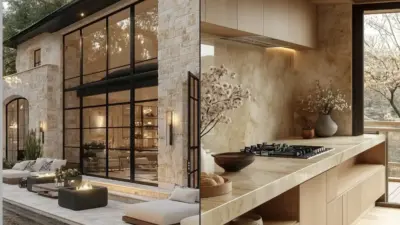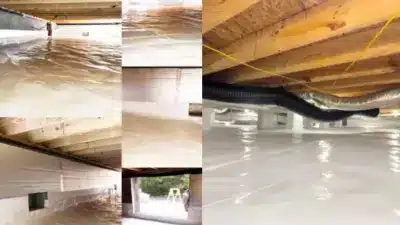The journey of building or renovating a home has never been more exciting—or more complex. With evolving building standards, innovative design trends, and a growing emphasis on sustainable living, today’s homeowners are presented with incredible opportunities to create spaces that are not only beautiful but also healthy, efficient, and built to last. Whether you’re planning a complete renovation, building from scratch, or simply looking to upgrade your current living situation, understanding the landscape of modern home improvement is essential for making informed decisions that will benefit you for years to come.
Modern living demands homes that can adapt to changing needs while providing comfort, efficiency, and style. The integration of smart technologies, sustainable materials, and advanced building systems is reshaping how we think about residential design. Meanwhile, technological advances in everything from roofing materials to heating systems are offering homeowners more efficient and cost-effective solutions than ever before.
The contemporary homeowner faces an unprecedented array of choices, from energy-efficient appliances and smart home automation systems to sustainable building materials and innovative construction techniques. This wealth of options, while exciting, can also be overwhelming. Understanding the fundamentals of modern home design and construction helps homeowners make informed decisions that align with their lifestyle, budget, and long-term goals.
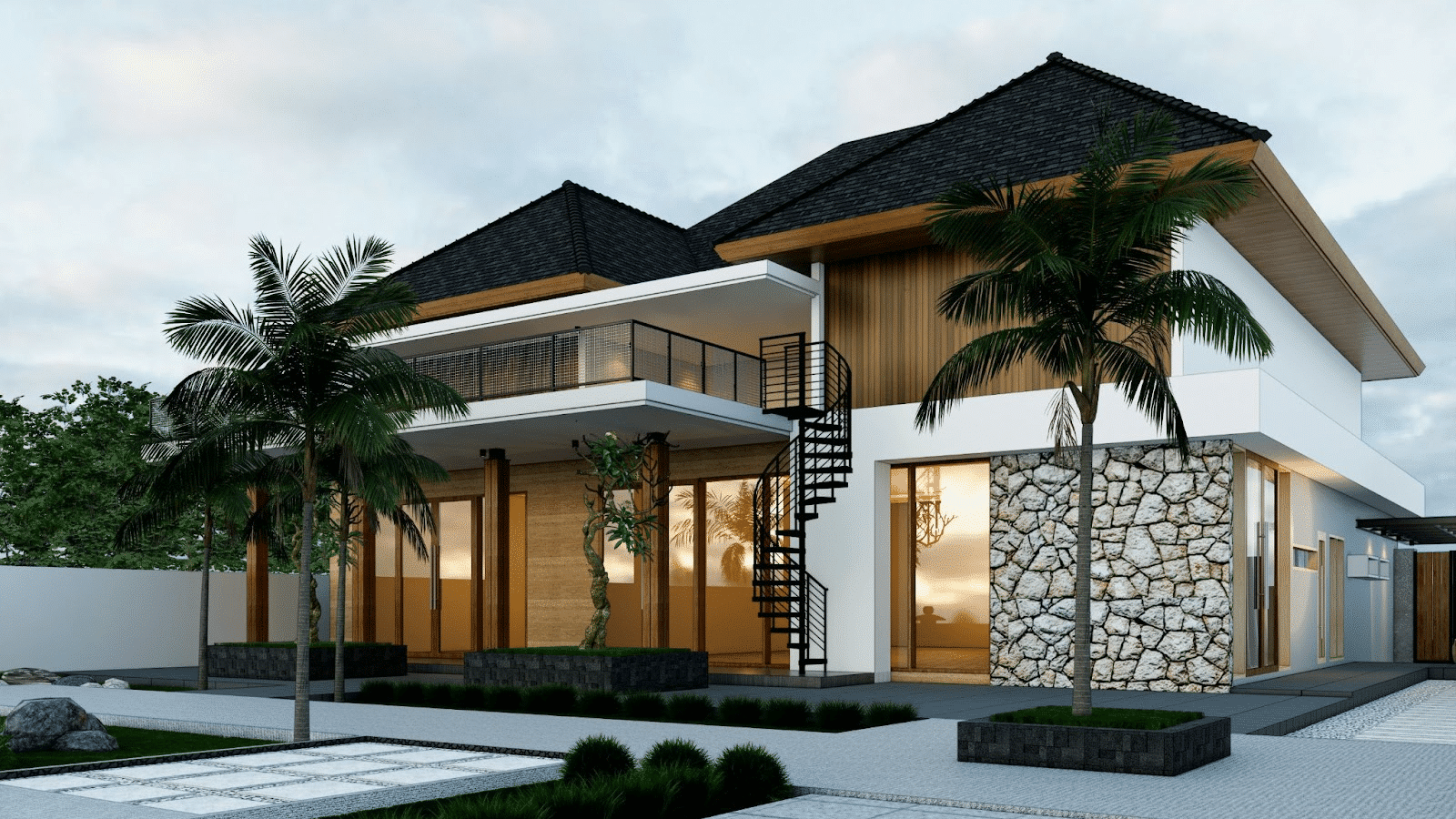
Understanding Modern Building Standards and Healthy Living
The evolution of building standards has transformed the residential landscape, creating safer, warmer, and healthier living environments for millions of residents worldwide. These regulations aren’t just bureaucratic requirements—they represent a fundamental shift toward recognizing housing as a critical component of public health and wellbeing.
Modern building frameworks encompass everything from insulation requirements to ventilation standards, moisture control measures, and heating specifications. For homeowners, this means that any significant renovation or new construction project needs to meet stringent criteria designed to eliminate the dampness, mold, and energy inefficiency that have historically plagued many homes. The impact extends far beyond mere compliance; homes built or renovated to these standards typically see reduced energy bills, improved air quality, and better overall comfort levels.
Understanding these requirements is crucial before embarking on any home improvement project. A comprehensive healthy homes standards checklist serves as an invaluable tool for homeowners, providing clear guidance on what needs to be addressed and helping prioritize improvements that will have the most significant impact on both compliance and living quality. This systematic approach ensures that no critical elements are overlooked during the planning phase, potentially saving thousands of dollars in retrofitting costs later.
Modern building standards also create opportunities for homeowners to think holistically about their living spaces. Rather than viewing compliance as a burden, smart homeowners are using these requirements as a foundation for creating truly exceptional homes that go beyond minimum standards to deliver outstanding comfort, efficiency, and health benefits.
The health implications of modern building standards cannot be overstated. Poor indoor air quality, inadequate insulation, and moisture problems have been linked to numerous health issues, including respiratory problems, allergies, and compromised immune systems. By addressing these fundamental building performance issues, homeowners can create environments that actively support the health and wellbeing of their families.
Furthermore, homes built to modern standards often experience significantly improved durability and longevity. Proper moisture management prevents structural damage, while adequate insulation and ventilation systems reduce wear and tear on building materials. This translates to lower maintenance costs and better preservation of property value over time.
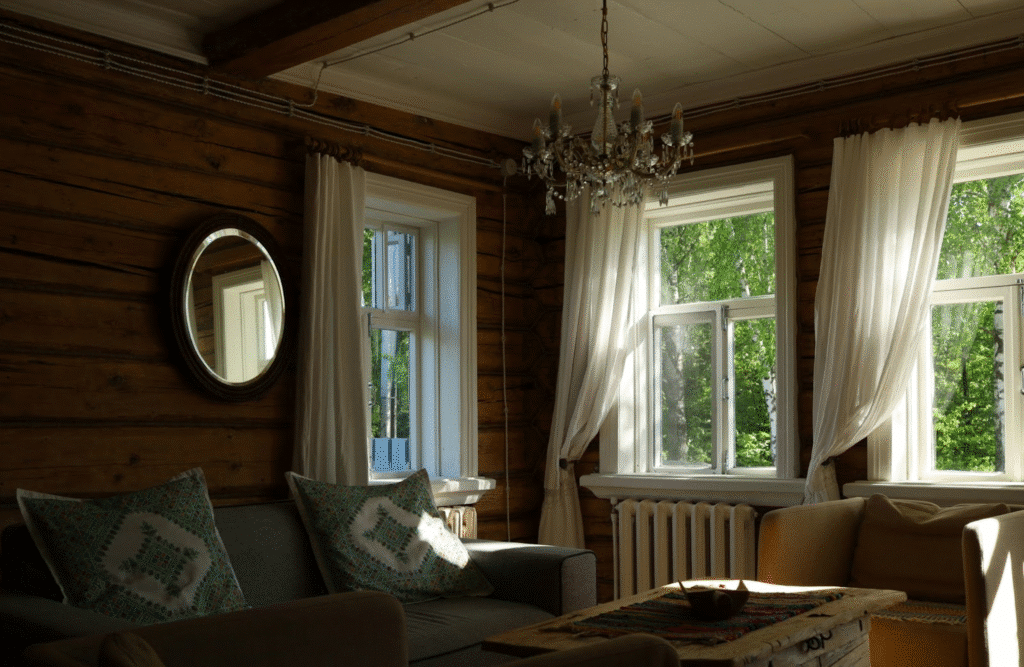
The Foundation of Great Design: Architectural Excellence
Exceptional homes begin with exceptional design, and the role of architectural expertise in creating spaces that are both functional and inspiring cannot be overstated. Today’s architectural landscape is characterized by a sophisticated understanding of how buildings interact with their environment, how spaces can be optimized for both daily living and long-term sustainability, and how design elements can significantly impact the overall quality of life for residents.
Modern architectural practice goes far beyond simply drawing attractive designs. It involves a deep understanding of building science, climate considerations, site-specific challenges, and the complex interplay between aesthetics and functionality. The best architects act as conductors of a complex orchestra, coordinating between engineers, builders, and specialists to ensure that every element of a home works harmoniously with every other element.
The process typically begins with a thorough analysis of the site, taking into account factors like solar orientation, prevailing winds, views, privacy considerations, and the relationship to neighboring properties. This analysis forms the foundation for design decisions that will impact everything from natural lighting and heating efficiency to outdoor living opportunities and long-term maintenance requirements.
We partnered with experienced Luxury Home Builders who transformed our vision into a bespoke residence featuring premium materials, elegant design, and exceptional craftsmanship
Contemporary architectural design also places significant emphasis on sustainability and environmental responsibility. This includes considerations such as material selection, energy efficiency, water conservation, and the integration of renewable energy systems. Architects today are increasingly skilled at creating designs that minimize environmental impact while maximizing comfort and functionality.
The relationship between indoor and outdoor spaces has become a defining characteristic of modern residential design. Large windows, sliding glass doors, outdoor living areas, and seamless transitions between interior and exterior spaces create homes that feel more spacious and connected to their natural surroundings. This design philosophy not only enhances the aesthetic appeal of homes but also contributes to improved mental health and overall quality of life for residents.
Professional architectural design auckland services bring invaluable expertise to this process, helping homeowners navigate the complex relationship between their vision, their budget, and the practical realities of construction. Experienced architects can often identify opportunities and solutions that aren’t immediately obvious, potentially saving money while delivering superior results.
The value of professional architectural input extends throughout the entire construction process. Architects don’t just create designs; they help refine and optimize those designs as construction progresses, ensuring that the original vision is realized while adapting to any unexpected challenges that may arise during building.
Flexibility and adaptability have become increasingly important in modern home design. Architects are creating spaces that can evolve with changing family needs, incorporating features like movable walls, convertible rooms, and flexible storage solutions that allow homeowners to reconfigure their spaces as their lifestyles change over time.

Essential Infrastructure: The Backbone of Your Home
While architectural design captures the imagination, it’s the essential infrastructure systems that determine whether a home truly functions effectively on a daily basis. Among these systems, plumbing stands out as particularly critical, not just for basic functionality but for long-term maintenance, efficiency, and health considerations.
Quality plumbing work is invisible when it’s done right, but becomes painfully obvious when it’s done poorly. From water pressure and temperature consistency to drainage efficiency and leak prevention, professional plumbing installation and maintenance affects every aspect of daily home life. Modern plumbing systems are also increasingly sophisticated, incorporating water-saving technologies, filtration systems, and smart monitoring capabilities that can detect problems before they become major issues.
Smart plumbing technologies are revolutionizing how homeowners monitor and manage their water systems. Leak detection sensors, smart water meters, and automated shutoff valves can prevent water damage and reduce waste, while smart irrigation systems optimize outdoor water usage based on weather conditions and soil moisture levels.
Regular maintenance is crucial for keeping plumbing systems operating at peak efficiency. This includes everything from routine inspections and cleaning to proactive replacement of components before they fail. A qualified plumber north shore auckland can provide comprehensive services that go far beyond emergency repairs, helping homeowners develop maintenance schedules that prevent problems and extend system life.
The investment in quality plumbing pays dividends in multiple ways: reduced water bills, fewer emergency repairs, better water quality, and improved overall home comfort. It’s also worth noting that quality plumbing work adds significant value to a property, making it an investment that typically pays for itself over time.
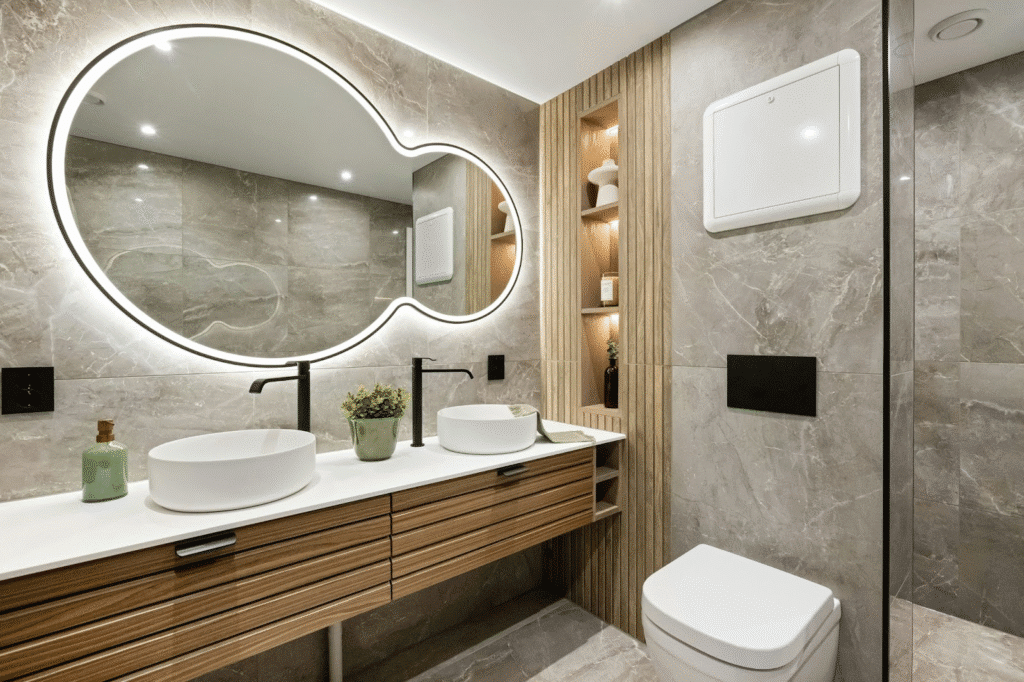
Protecting Your Investment: Advanced Roofing Solutions
The roof represents one of the most critical protective elements of any home, and advances in roofing technology have created new opportunities for homeowners to improve both the performance and longevity of this essential building component. Modern roofing goes far beyond simply keeping water out; today’s roofing systems are designed to contribute to energy efficiency, provide superior durability, and integrate with other building systems to optimize overall home performance.
Membrane roofing technology represents a significant advancement in roofing performance, particularly for flat and low-slope applications. These systems offer superior waterproofing compared to traditional materials, often lasting significantly longer while requiring less maintenance. The seamless nature of membrane installation eliminates many of the weak points that can develop in traditional roofing systems, providing enhanced protection against harsh weather conditions.
The installation process for membrane roofing requires specialized knowledge and equipment, making professional installation essential for achieving optimal results. Proper preparation of the substrate, careful attention to detail around penetrations and edges, and quality control throughout the installation process all contribute to the long-term success of membrane roofing systems.
The integration of renewable energy systems with roofing has become increasingly sophisticated. Solar panels, solar shingles, and integrated photovoltaic systems can transform roofs into energy-generating assets. When properly designed and installed, these systems can significantly reduce or even eliminate electricity costs while adding substantial value to the property.
Maintenance of membrane roofing systems is typically straightforward, but when repairs are needed, they require specialized techniques and materials. Professional membrane roof repair ensures that any issues are addressed properly, maintaining the integrity of the roofing system and preventing small problems from becoming major concerns.
The energy efficiency benefits of modern roofing systems shouldn’t be overlooked. Reflective membrane surfaces can significantly reduce cooling costs in summer, while proper insulation integration helps maintain comfortable temperatures year-round. These efficiency gains not only reduce utility bills but also contribute to a more sustainable lifestyle.
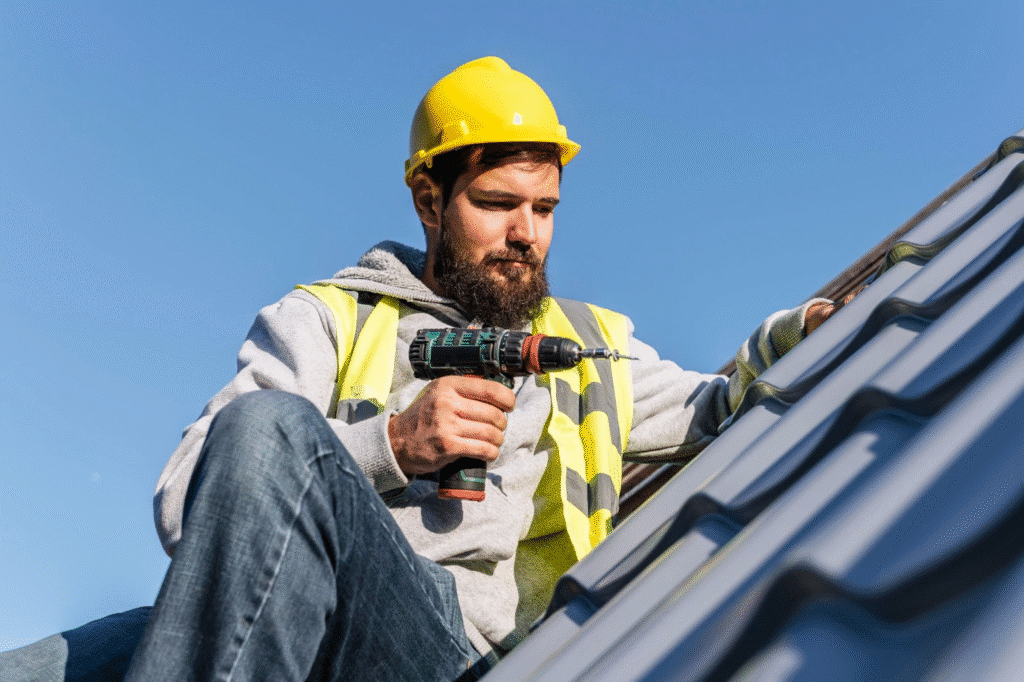
Climate Control Excellence: Modern Heating Solutions
Effective climate control is essential for creating comfortable, healthy living environments, and the technology available to homeowners has advanced dramatically in recent years. Heat pump systems have emerged as particularly effective solutions for various climates, offering efficient heating and cooling capabilities while maintaining excellent energy efficiency ratings.
Modern heat pump systems are sophisticated pieces of technology that can provide precise temperature control while consuming significantly less energy than traditional heating methods. The latest systems incorporate smart controls that learn household patterns, optimize operation for maximum efficiency, and can even be controlled remotely via smartphone apps.
Air quality management has become an increasingly important aspect of modern climate control systems. Advanced filtration systems can remove pollutants, allergens, and pathogens from indoor air, while humidity control systems prevent the growth of mold and bacteria. Some systems even incorporate UV sterilization and ionization technologies that actively purify the air throughout the home.
Regular maintenance is crucial for maintaining peak performance and extending system life. This includes cleaning filters, checking refrigerant levels, inspecting electrical connections, and ensuring that both indoor and outdoor units are operating correctly. Professional heat pump service christchurch provides the expertise needed to keep these sophisticated systems operating at their best.
The health benefits of properly maintained heat pump systems extend beyond simple comfort. These systems can help maintain optimal humidity levels, improve air circulation, and even filter airborne particles, contributing to better indoor air quality. This is particularly important in maintaining proper ventilation and humidity control, which is essential for preventing mold and maintaining healthy indoor environments.
Integration with renewable energy systems is becoming increasingly common in modern climate control installations. Heat pumps powered by solar electricity or integrated with geothermal systems can provide exceptional efficiency while minimizing environmental impact. These systems often qualify for government incentives and rebates, making them even more attractive investments.
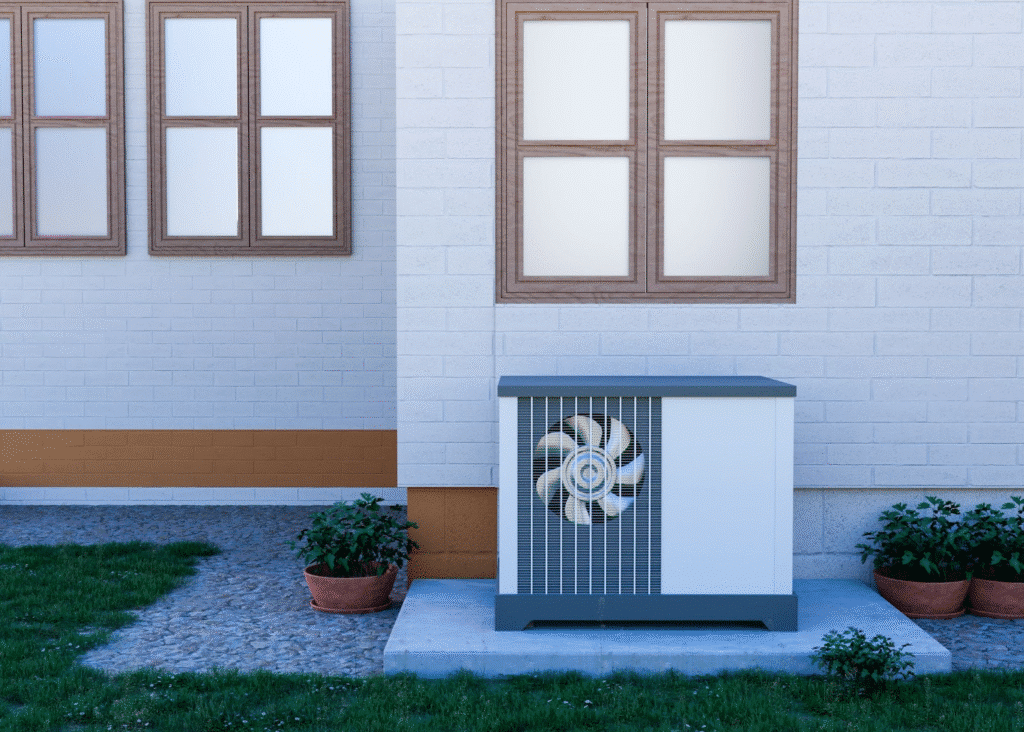
Smart Home Integration and Technology
The modern home is increasingly defined by its integration of smart technologies that enhance comfort, security, efficiency, and convenience. From automated lighting and climate control to advanced security systems and entertainment integration, smart home technology is transforming how we interact with our living spaces.
Smart home systems typically begin with a central hub or controller that coordinates various devices and systems throughout the home. These hubs can integrate lighting, climate control, security, entertainment, and appliance control into a single, easy-to-use interface that can be accessed via smartphone, tablet, or voice commands.
Lighting control systems offer far more than simple on-off functionality. Modern systems can adjust brightness and color temperature throughout the day to support natural circadian rhythms, create custom scenes for different activities, and even respond to occupancy and daylight levels to optimize energy efficiency while maintaining perfect lighting conditions.
Security systems have evolved far beyond simple door and window sensors. Modern systems incorporate high-definition cameras, smart doorbells, facial recognition technology, and integration with mobile devices that allow homeowners to monitor and control their security systems from anywhere in the world. Some systems even incorporate artificial intelligence that can distinguish between family members, visitors, and potential threats.
Energy management systems provide homeowners with detailed insights into their energy consumption and can automatically optimize usage to reduce costs and environmental impact. These systems can control heating and cooling, manage appliance operation, and even coordinate with utility companies to take advantage of time-of-use pricing and demand response programs.
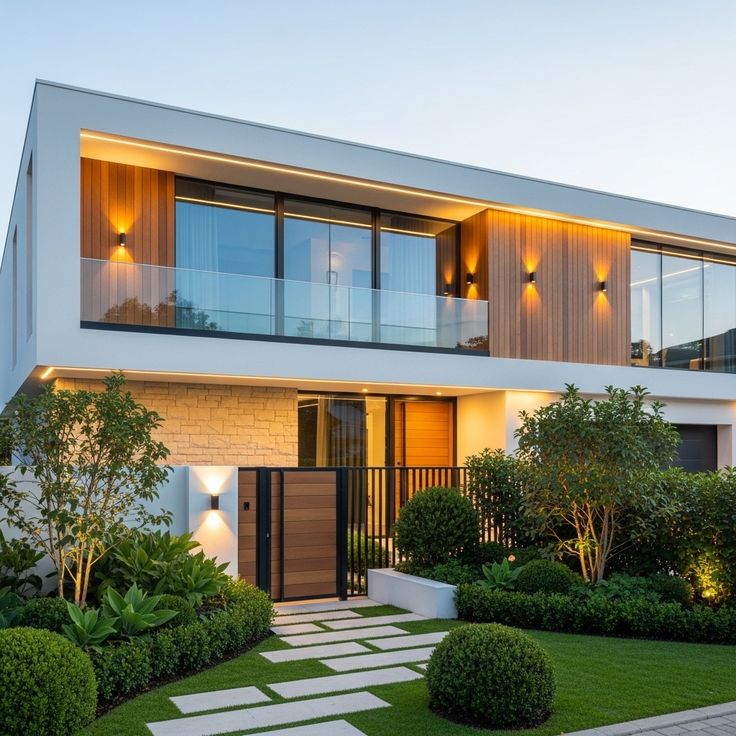
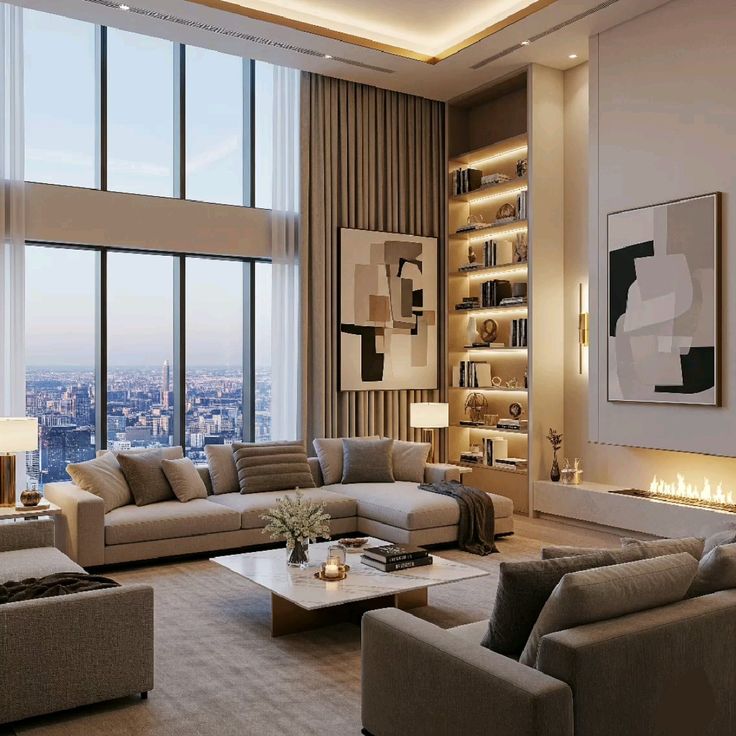
Integration and Future-Proofing Your Home Investment
Creating an exceptional home requires more than just addressing individual systems in isolation; it demands a holistic approach that considers how different elements work together to create an optimal living environment. The most successful home improvement projects are those that take a comprehensive view, ensuring that architectural design, infrastructure systems, and building envelope work harmoniously to deliver superior performance, comfort, and value.
This integrated approach begins in the planning phase, where decisions about one system should always consider the impact on other systems. For example, architectural choices about window placement and orientation affect both heating requirements and natural ventilation opportunities. Similarly, plumbing system design can impact both structural requirements and interior layout possibilities.
The concept of future-proofing also extends to changing lifestyle needs. Flexible spaces that can adapt to different uses, accessibility considerations that may become important over time, and building systems that can be easily modified or expanded all contribute to long-term value and satisfaction.
Sustainability considerations are becoming increasingly important in home design and construction. This includes not just energy efficiency but also material selection, water conservation, waste reduction, and the integration of renewable energy systems. Homes designed with sustainability in mind not only reduce environmental impact but often provide superior comfort and lower operating costs.
The integration of outdoor living spaces with indoor areas has become a defining characteristic of modern home design. This includes covered outdoor kitchens, entertainment areas, and seamless transitions between indoor and outdoor spaces that effectively expand the usable area of the home while connecting residents with nature.
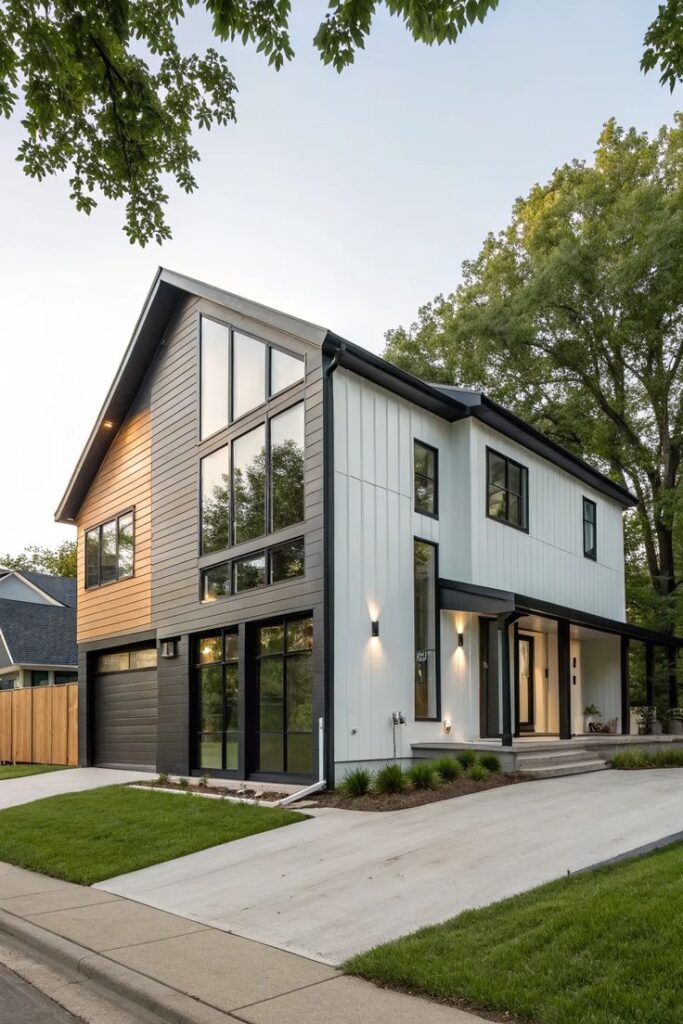
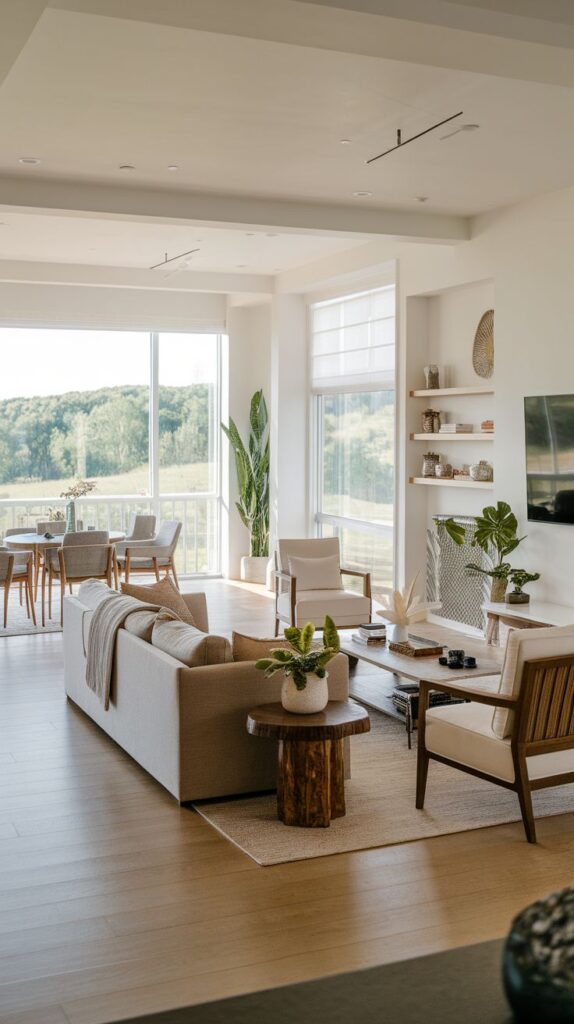
Conclusion: Building Your Dream Home Reality
Creating an exceptional home in today’s world requires balancing multiple considerations: regulatory compliance, architectural excellence, infrastructure reliability, and long-term value creation. The key to success lies in understanding that these elements are interconnected and that the best results come from taking a comprehensive, professional approach to home improvement.
The opportunities available to today’s homeowners are remarkable. Advances in building science, materials technology, and system integration mean that it’s possible to create homes that are not only beautiful and comfortable but also incredibly efficient, healthy, and sustainable. By taking advantage of professional expertise and modern technologies, homeowners can create living spaces that truly enhance their quality of life while providing excellent long-term value.
Modern homeowners have access to an unprecedented array of options for creating exceptional living environments. From advanced building materials and energy-efficient systems to smart home technologies and sustainable design practices, the tools for creating the perfect home have never been more sophisticated or accessible.
The journey of creating or improving your home should be exciting and rewarding. With proper planning, professional guidance, and attention to quality, you can create a living space that not only meets your current needs but adapts and evolves with you over time. The investment in creating an exceptional home is ultimately an investment in your family’s comfort, health, and happiness—benefits that will be appreciated every single day.
Success in home improvement comes from understanding that every decision, from the largest architectural choices to the smallest material selections, contributes to the overall performance and enjoyment of your home. By taking a thoughtful, comprehensive approach and working with qualified professionals, you can create a home that truly represents the pinnacle of modern living.
- 0shares
- Facebook0
- Pinterest0
- Twitter0
- Reddit0
